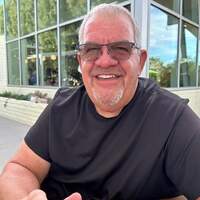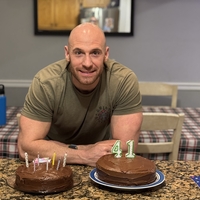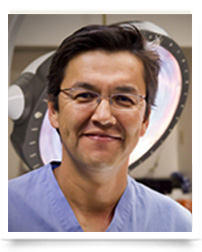John's Guestbook
Aortic Regurgitation, Joined February 26, 2019
Aortic Regurgitation
Joined February 26, 2019
-
 I am from: Roseville, CA
I am from: Roseville, CA -
 My surgery date is: November 9, 2018
My surgery date is: November 9, 2018









And since had Aortic valve replacement and CAVR one year ago now